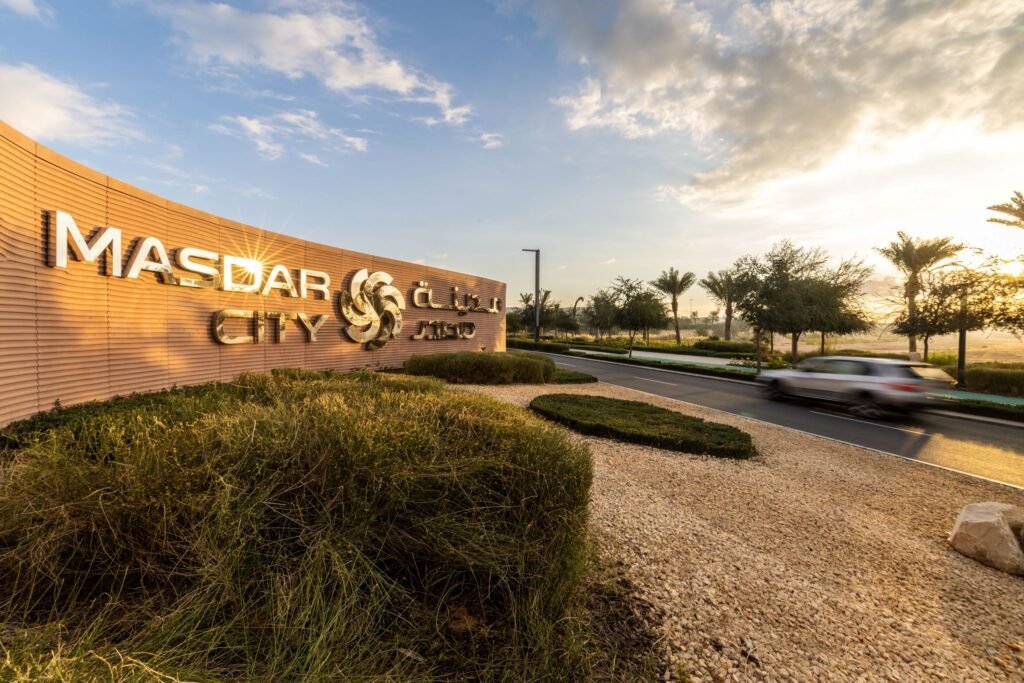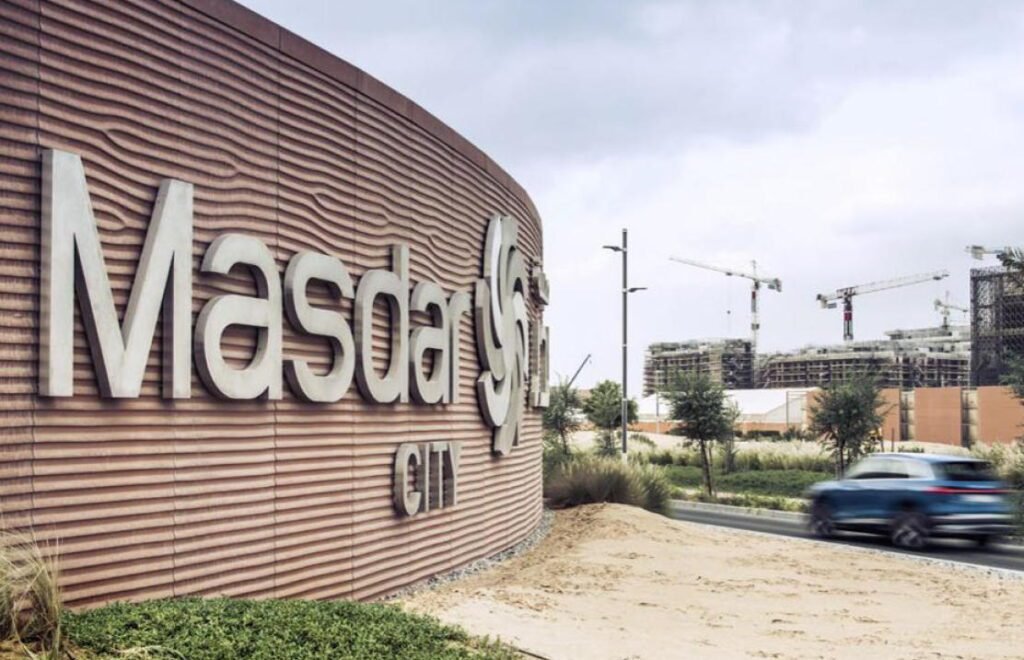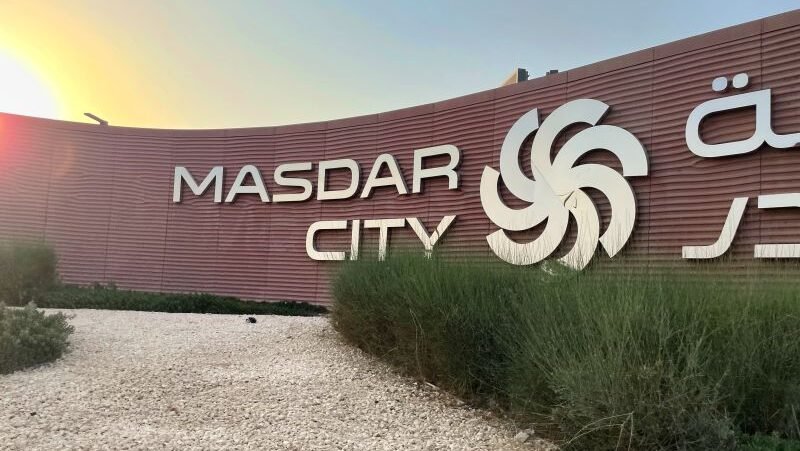In a landmark move that highlights the UAE’s commitment to sustainability and circular economy, Tadweer has officially completed the acquisition of Masdar’s stake in their joint Waste-to-Energy project. This Tadweer Waste-to-Energy acquisition marks a significant moment in the country’s journey towards a cleaner, more sustainable future.
The deal underscores the growing importance of renewable energy and waste management in the UAE’s national agenda, supporting the country’s Net Zero by 2050 strategic initiative. But what does this acquisition really mean for Tadweer, for Masdar, and for the UAE’s ambitious green goals? Let’s dive deeper.
Understanding the Tadweer Waste-to-Energy acquisition
The Tadweer Waste-to-Energy acquisition involves Tadweer, also known as Abu Dhabi Waste Management Company, taking full control of a major Waste-to-Energy project that was previously a joint venture with Masdar. Masdar, officially known as Abu Dhabi Future Energy Company, is widely recognized as one of the world’s leading renewable energy companies.

This project, announced a few years ago, was one of the region’s most significant initiatives to transform municipal solid waste into electricity. By converting waste that would otherwise go to landfills into clean energy, the facility is expected to reduce carbon emissions and help diversify the UAE’s energy mix.
Under this new arrangement, Tadweer will now oversee the full development, operation, and management of the plant, positioning itself as a leader in both waste management and renewable energy production.

Why is this acquisition important?
The Tadweer Waste-to-Energy acquisition represents more than just a business transaction. It signifies a strategic realignment that reflects broader global trends. Governments and industries worldwide are increasingly looking for ways to reduce landfill dependency and cut greenhouse gas emissions.
Here’s why this deal is so important
Supporting UAE’s Net Zero 2050 goals. The UAE was the first country in the MENA region to announce a Net Zero by 2050 strategy. This acquisition directly contributes to that vision by enhancing local capacity to convert waste into renewable energy.
Reducing landfill waste. Every year, millions of tonnes of municipal solid waste are generated in the UAE. This project will significantly reduce the volume of waste sent to landfills, aligning with the circular economy model.
Diversifying energy sources. By investing in Waste-to-Energy technology, Tadweer is helping diversify the UAE’s energy portfolio, making it less dependent on fossil fuels.
Economic benefits. The acquisition will support local industries, create green jobs, and drive innovation in waste management technologies.
The project at a glance
The Waste-to-Energy facility, located in Abu Dhabi, is designed to treat up to 900,000 tonnes of waste annually, generating enough electricity to power up to 22,500 homes. When fully operational, it is expected to offset around 1.5 million tonnes of carbon dioxide emissions per year, equivalent to removing more than 300,000 cars off the road.
Some key highlights
Capacity: 900,000 tonnes of waste processed annually
Energy output: Approximately 85 MW of renewable energy
Environmental impact: Avoidance of 1.5 million tonnes of CO2 emissions annually
Economic impact: Creation of hundreds of direct and indirect jobs
Tadweer’s vision for a circular economy
Tadweer has long been a central player in advancing waste management solutions in the UAE. Its mission is to build a robust circular economy where waste is no longer viewed as a problem but as a valuable resource.
By acquiring full ownership of this Waste-to-Energy project, Tadweer is doubling down on its commitment to reduce landfill use, promote recycling, and create renewable energy from waste. This move aligns with Abu Dhabi’s strategic vision to become a global leader in sustainable waste management practices.

Masdar’s evolving strategy
While some might see Masdar’s exit from the joint venture as a step back, it is actually a strategic move aligned with Masdar’s evolving global focus.
Masdar has been rapidly expanding its international renewable energy portfolio, investing in solar, wind, and green hydrogen projects worldwide. By divesting its stake in this particular Waste-to-Energy project, Masdar can redirect resources towards large-scale international renewable energy investments and emerging technologies, further strengthening its role as a global clean energy pioneer.
This decision reflects Masdar’s agility in responding to global market trends and its commitment to maximizing its impact across various regions.
UAE’s leadership in green innovation
The UAE has positioned itself as a regional and global leader in sustainability and green technology. The Tadweer Waste-to-Energy acquisition is another bold step that demonstrates this commitment.
In recent years, the UAE has made massive strides in renewable energy investments, including the world’s largest single-site solar park, the Mohammed bin Rashid Al Maktoum Solar Park in Dubai, and significant investments in green hydrogen.
This acquisition highlights the country’s focus on developing local capabilities and reducing reliance on imports. By building strong domestic infrastructure for waste management and energy generation, the UAE is reinforcing its resilience against global supply chain challenges and energy market fluctuations.
Public-private partnerships driving sustainability
The success of this Waste-to-Energy project and the recent Tadweer Waste-to-Energy acquisition showcases the power of public-private partnerships in driving ambitious sustainability projects.
Collaboration between government entities, private companies, and international players has been crucial for pushing the UAE’s green agenda. The initial partnership between Tadweer and Masdar is a perfect example of how different expertise can come together to create large-scale environmental solutions.
Now, with Tadweer taking the lead, it can further leverage its expertise in waste collection, treatment, and recycling to optimize the plant’s operations and expand similar projects in the future.
Looking ahead: what’s next for Tadweer?
Following this acquisition, Tadweer is expected to accelerate the completion and commissioning of the Waste-to-Energy plant. The company has hinted at further investments in similar projects across other emirates and potentially in regional markets.
Potential future moves include
Expansion of Waste-to-Energy capacity in other emirates. With Abu Dhabi’s success as a model, Tadweer could develop similar facilities in Dubai, Sharjah, or Ras Al Khaimah.
Investments in new waste treatment technologies. Tadweer is actively exploring technologies such as anaerobic digestion, advanced recycling, and composting to complement its Waste-to-Energy initiatives.
International partnerships. Tadweer may partner with global firms to export its expertise in waste management and clean energy to other countries in the region and beyond.
Benefits to the local community
For residents of Abu Dhabi and the wider UAE, this project promises a range of benefits beyond environmental impact.
Cleaner environment. Reduced reliance on landfills means less soil and groundwater contamination.
Energy security. Locally produced renewable energy helps stabilize electricity supply and reduce reliance on imported fuels.
Health benefits. Improved waste management reduces vector-borne diseases and air pollution from uncontrolled waste burning.
Educational opportunities. The project will serve as a model for educational initiatives on sustainability and waste reduction.

Challenges and opportunities
While the Tadweer Waste-to-Energy acquisition is promising, there are challenges to be addressed.
Public awareness. The success of such projects depends on strong public participation in waste segregation and reduction.
Cost considerations. Waste-to-Energy projects require substantial upfront investment and sophisticated technology.
Operational expertise. Maintaining high efficiency and low emissions standards will require ongoing training and skilled workforce development.
On the other hand, these challenges also present opportunities for Tadweer to innovate, educate, and lead by example.
Global significance
The Tadweer Waste-to-Energy acquisition positions the UAE as a regional role model. As waste generation increases globally, countries are looking for solutions that balance environmental responsibility with economic growth.
The UAE’s proactive approach, including this landmark acquisition, sends a strong message that sustainability and economic progress can go hand in hand. It sets a precedent for neighboring countries and emerging markets to follow.
Conclusion: A cleaner, brighter future
The Tadweer Waste-to-Energy acquisition from Masdar is more than a simple business deal. It is a bold commitment to turning waste into opportunity and driving forward the UAE’s sustainability ambitions.
By taking full ownership of this pioneering project, Tadweer reinforces its leadership in waste management and renewable energy, supporting national goals and global climate commitments.
For the people of the UAE and future generations, this move promises a cleaner environment, a stronger economy, and a more secure, sustainable future.
As the world watches, the UAE continues to lead by example, proving that with vision, innovation, and decisive action, a circular economy is not just an idea but a reality in the making.
Do follow UAE Stories on Instagram
Read More: ADNOC OMV stake transfer: Major move to XRG boosts growth












